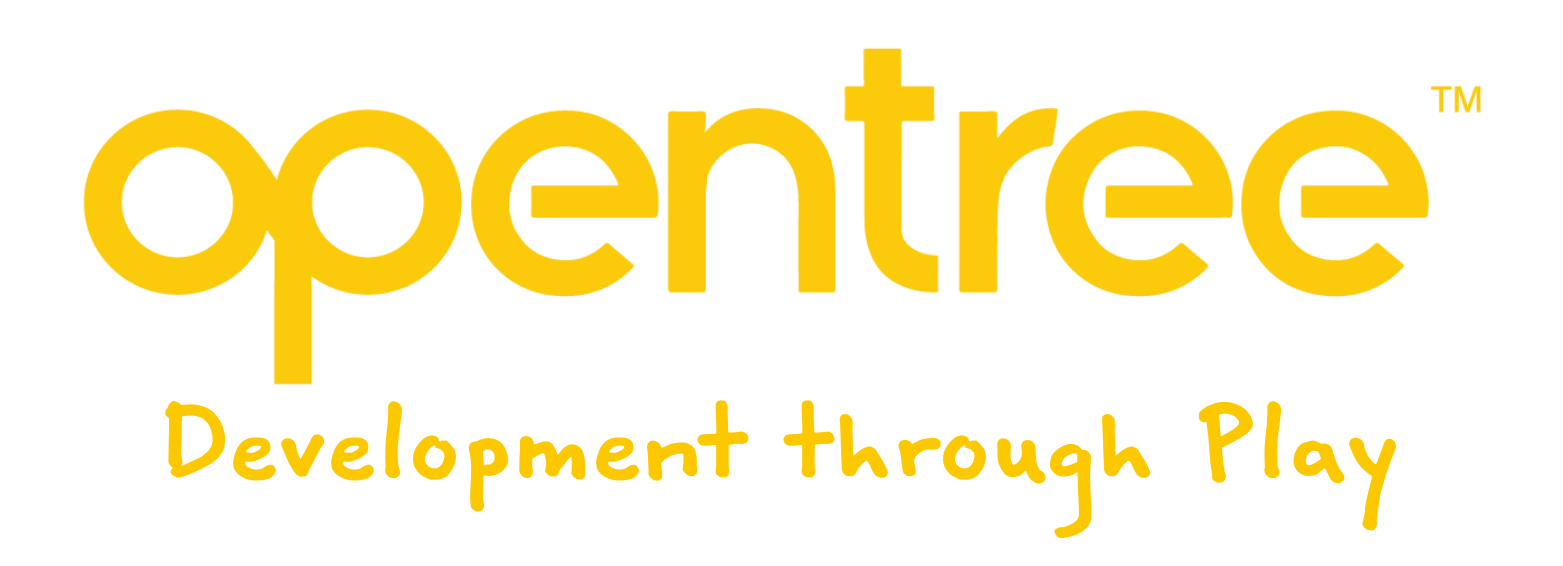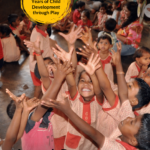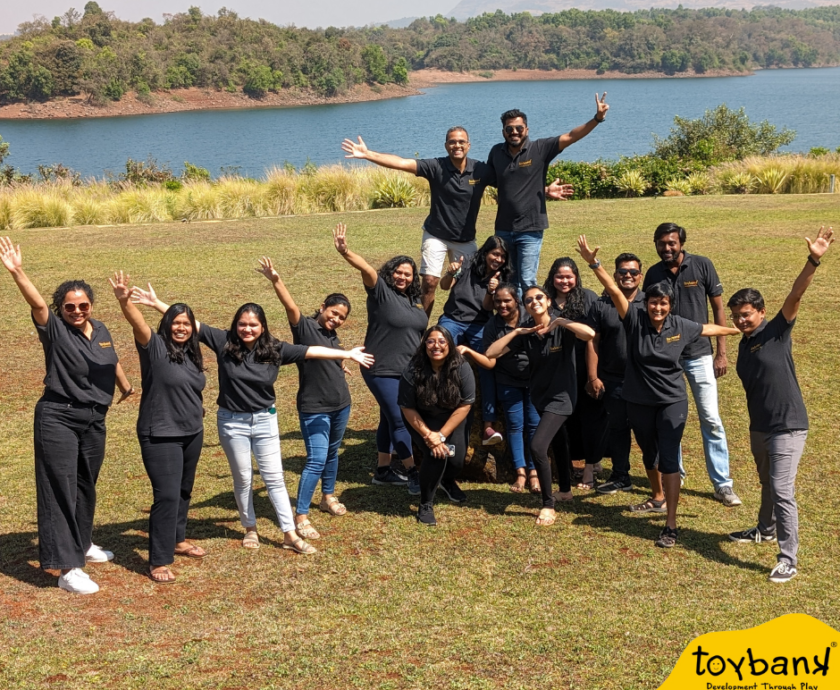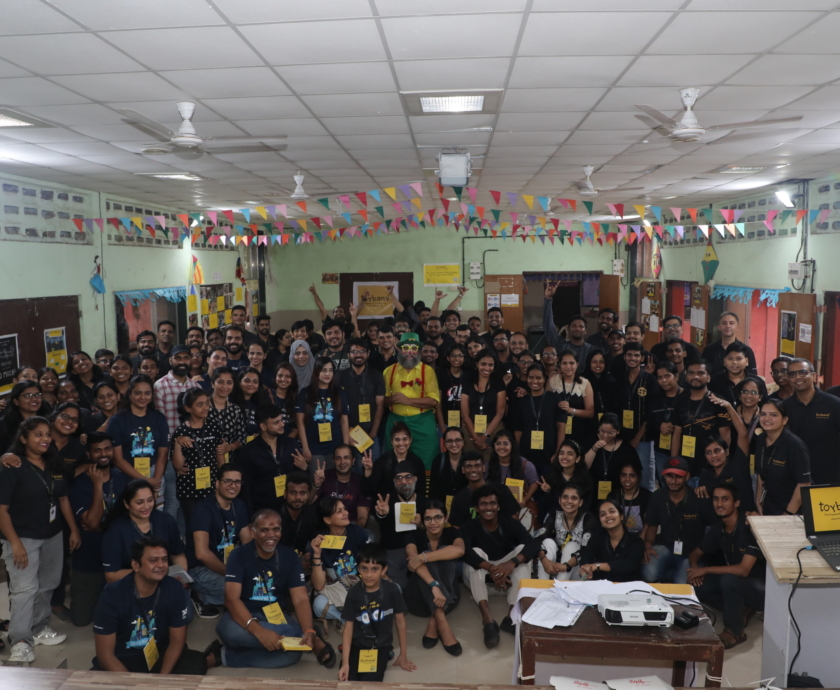As we look ahead to Play Summit 2025, themed Finding Play, our global roundtable — Rediscovering Play: Stories of Transformation — set the perfect stage for a deeper, collective exploration of how play lives in classrooms, communities, and everyday moments. This conversation was not just a reflection on what play means, but an invitation to reimagine what learning, childhood, and human connection can look like when play takes its rightful place at the center.
Hosted by The Opentree Foundation, the roundtable brought together four global champions of play whose work spans early childhood education, community wellbeing, youth development, policy advocacy, and systemic reform:
Vishal Talreja
Co-founder, Dream a Dream (India)Swetha Guhan
Co-founder & Director, Key Education Foundation (India)Priyanka Handa
Co-founder, Learn to Play (Botswana)Euan Wilmshurst
Founder & Principal, KW Strategy (UK)
The session was moderated by Laxmi Nair, Director, Programme Development at The Opentree Foundation, who led the panel through personal stories, field insights, and critical reflections on the role of play in reshaping systems.
With over 200 participants joining live from across the US, UK, Germany, Nigeria, Tanzania, Vietnam, and many more countries, the conversation reflected a truly global perspective for rediscovering play as a right, a pedagogy, and a powerful social connector.
Play Is Not a Luxury, It’s a Low-Resource Lifeline
Setting the tone for the discussion, Euan shared a simple but powerful truth: “Even in the hardest times, even in the toughest circumstances, play does not have to be a luxury. It’s very low resource. Play is very easy to do.”
Across his global work, he has seen families and communities rely on play as a stabilising force, especially during moments of crisis. But he also spoke about the structural barriers that keep play out of children’s reach. In many urban areas in England, he noted, the only neighborhood playgrounds close during school holidays. Some even turn into car parks.
“It’s almost unbelievable when you say it out loud, but it shows why we need coalitions across communities. When people unite, for safer streets, clean public spaces, or play, the stories we tell can connect them all.”
He also highlighted a striking contradiction in children’s worlds today. Though 45% of children say they want to play outside with friends, many end up playing online, often in unsafe digital spaces like Roblox.
“It’s time we replace ‘go online’ with ‘go play outside,’ because even a generation raised on screens is craving real, human connection through play.”
Play Dissolves Fear, and Rebuilds Relationships
Priyanka shared moving stories from community playgroups and refugee camps in Botswana, where Learn to Play works with caregivers and young children.
“What play does is that it dissolves fear. It dissolves fear into connection and attachment. It transforms relationships.”
In a country where only 15% of children have historically had access to early childhood education, play becomes a point of entry: into learning, wellbeing, and even policy dialogue. She described what happens when adults: policymakers, district officials and parents join children in the act of play: “When adults sit in circles, blow bubbles, draw with sticks and sand, something shifts. Play opens hearts before it changes systems.”
And while data is important, she believes stories are what move people:
“When we champion play through stories, we move beyond statistics into human connection and shared humanity.”
Play Helps Us See Children More Clearly, and Reimagine Our Role as Adults
Swetha spoke about the moment early in her career that changed her relationship with play forever.
“The first time I realised the potential of just letting children play, not creating play, but engaging in it, was when I saw how much we learn from children in small, unplanned moments.”
These insights do not emerge during assessments or teacher-led instruction, she said. They emerge when adults step back, and when children are free.
“It has completely changed the way I look at play.”
But her most important realisation is about adults: “We need to unlock moments of play for adults too, because only when adults experience play can they advocate for it as a right for every child.”
At the Key Education Foundation, her team now builds play into their organisational culture, because playful adults create playful classrooms.
“As social change organisations, we get caught up in problems. But being playful ourselves changes everything.”
Their work on transforming parent-teacher meetings into joyful, playful family spaces has shown that: “Play truly becomes everyone’s problem and everyone’s joy to share.”
Play Creates Dignity, Identity, and Confidence for Children Facing Adversity
For Vishal, play became a discovery, a language that children from challenging backgrounds could use to reclaim their voice and agency.
“Play helps children who’ve experienced early challenges find respect, dignity, identity, confidence, and love. It shows them there’s a different way to learn.”
He emphasised that children rarely remember traditional lessons. What they remember is how those experiences made them feel.
“Our bodies remember powerful, transformative moments. Play helps make those memories positive. Long after lessons fade, children remember the joy, connection, and care they experienced.”
These memories become anchors — shaping resilience, hope, and self-belief.
Towards Play Summit 2025: Finding Play in Classrooms, Communities, and Everyday Life
The roundtable made one thing abundantly clear: play is universal, but access to play is not.
And to reclaim play, we need stories, systems change, community coalitions, and, most importantly, adults who remember how to play.
As we move towards Play Summit 2025, we carry these stories and reflections with us. They remind us that play is not a break from life: it is how we learn to live. It is how we heal, connect, imagine, and become.











